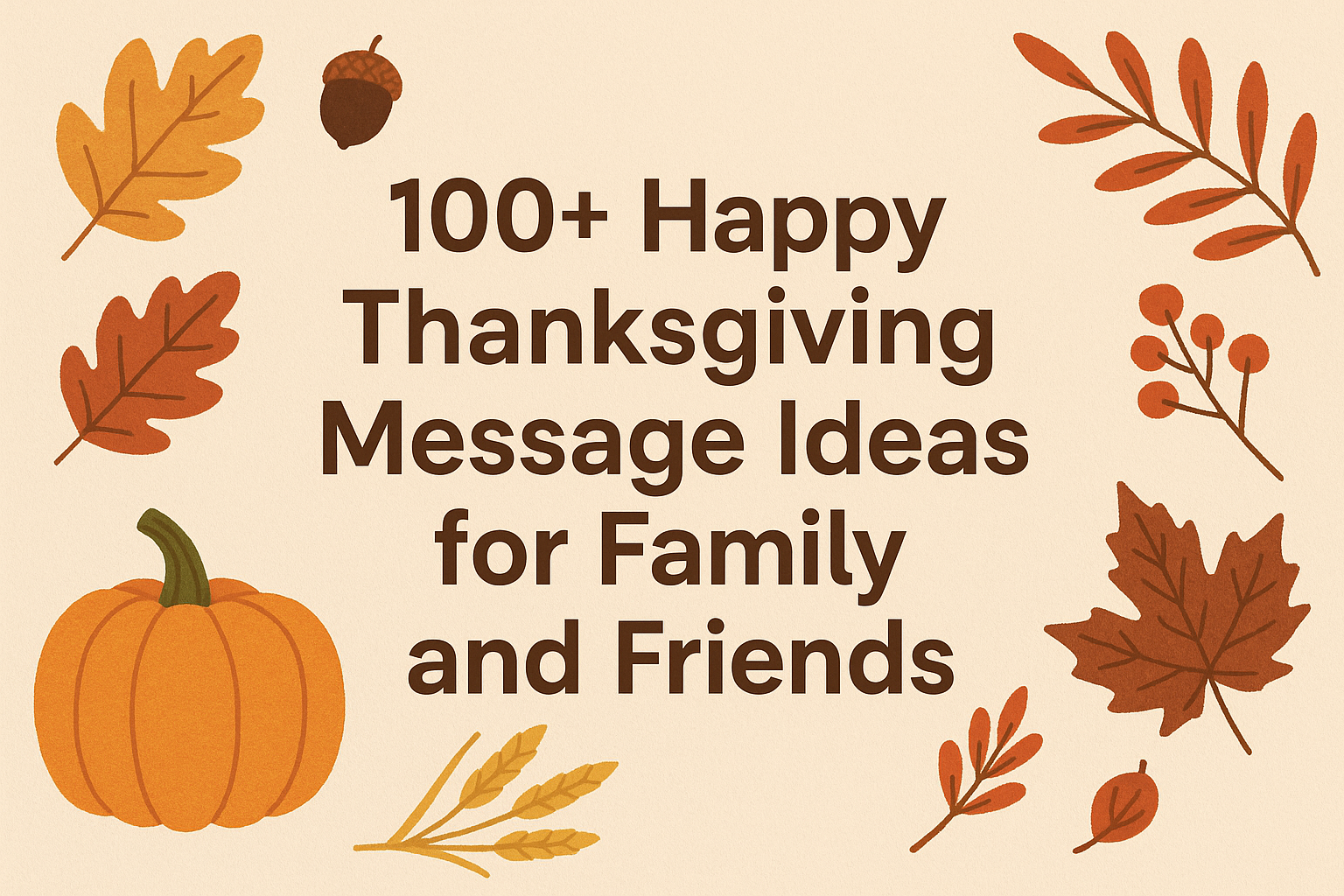In today’s crowded market, standing out to your audience means more than just being seen; it’s about truly connecting with what they care about. The idea of “know your audience” is key for real communication, building a strong and lasting link with them. It’s not just about collecting information; it’s about building real connections and shaping your messages so they strike a chord with your audience, grabbing their attention and earning their trust and action. This guide will lead you through eight important questions to get a deeper sense of who your audience is. With this knowledge, you can make your content more meaningful, engaging, and effective.
Essential Questions to Know Your Audience Better.
- Who is Your Audience?
- What are They Interested In?
- What Challenges Do They Encounter?
- How Do They Prefer to Consume Content?
- What Motivates Them?
- What Are Their Online Behaviors?
- What Language Resonates With Them?
- How Can You Keep Them Engaged?
Question 1: Who is Your Audience?
Identifying your audience is crucial. Are they early-career professionals, busy parents, tech lovers, or another group? Details like their age, job, or where they live give you a picture, but diving into their values, beliefs, hobbies, and lifestyle is key. This insight allows you to tailor your content, making it resonate with their preferences and needs. When you know your audience, your messages hit closer to home, increasing relevance and engagement.
Question 2: What are They Interested In?
Understanding what interests your audience can significantly enhance your content’s impact. Are they fans of DIY projects, sports enthusiasts, or book lovers? Aligning your material with their passions makes it more likely they’ll pay attention and engage. Use surveys, interact on social media, or analyze trends to pinpoint their interests, then align your content accordingly. When you know your audience’s hobbies and passions, you can craft content that truly speaks to them.
Question 3: What Challenges Do They Encounter?

Knowing the obstacles your audience faces allows you to provide meaningful solutions. Whether they struggle with work-life balance, keeping up with tech trends, or finding affordable travel options, your understanding positions you as a helpful ally. Review their feedback, check out discussion forums, and monitor social media to identify these challenges. By addressing these issues, you not only offer valuable content but also establish trust. Showing that you know your audience’s pain points and can offer advice or solutions builds a strong connection.
Question 4: How Do They Prefer to Consume Content?
Does your audience favor blog posts, videos, or podcasts? Do they like detailed analyses or quick reads? Understanding their content consumption preferences ensures your messages are well-received. Tailoring your content’s format and delivery to their habits boosts engagement and resonance. By knowing your audience’s preferred content types, you can meet them where they are, making your information more accessible and engaging.
Question 5: What Motivates Them?
Determining what motivates your audience can significantly enhance your communication’s effectiveness. Whether they seek professional growth, social validation, or knowledge acquisition, tapping into these motivators can make your content more compelling. Analyze their responses, review feedback, and observe their online engagements to understand their drivers. When you know your audience’s motivations, you can craft messages that inspire, resonate, and prompt action.
Question 6: What Are Their Online Behaviors?
Analyzing your audience’s online behaviors offers insights into their preferences and habits. Identifying which platforms they use, their active hours, and whether they prefer to interact or observe can guide your content strategy. By knowing your audience’s online patterns, you can optimize when and where you share your content, enhancing visibility and engagement.
Question 7: What Language Resonates With Them?
The language and tone you use should reflect your audience’s preferences. Whether they respond better to casual speech, professional jargon, or layman’s terms, adapting your style can improve comprehension and connection. By aligning your language with theirs, you ensure your content is approachable and relatable. Knowing your audience’s language preferences helps you communicate more effectively, fostering a stronger rapport.
Question 8: How Can You Keep Them Engaged?
Finally, consider what keeps your audience engaged over time. Whether it’s consistent quality, a unique perspective, or ongoing relevance to their interests, maintaining their attention is key. Monitor engagement metrics, solicit feedback, and stay attuned to their evolving interests to keep your content compelling. Knowing what keeps your audience coming back helps you cultivate loyalty and sustained interest.
By thoughtfully addressing these questions, you deepen your understanding of your audience, enabling you to create content that is more targeted, engaging, and effective. Remember, the core of successful communication is to truly know your audience, catering to their interests, challenges, and preferences to build lasting connections and drive meaningful actions. For more insights on how to prepare for a speech and further tailor your approach to your audience, you can find additional resources and guidance here.




